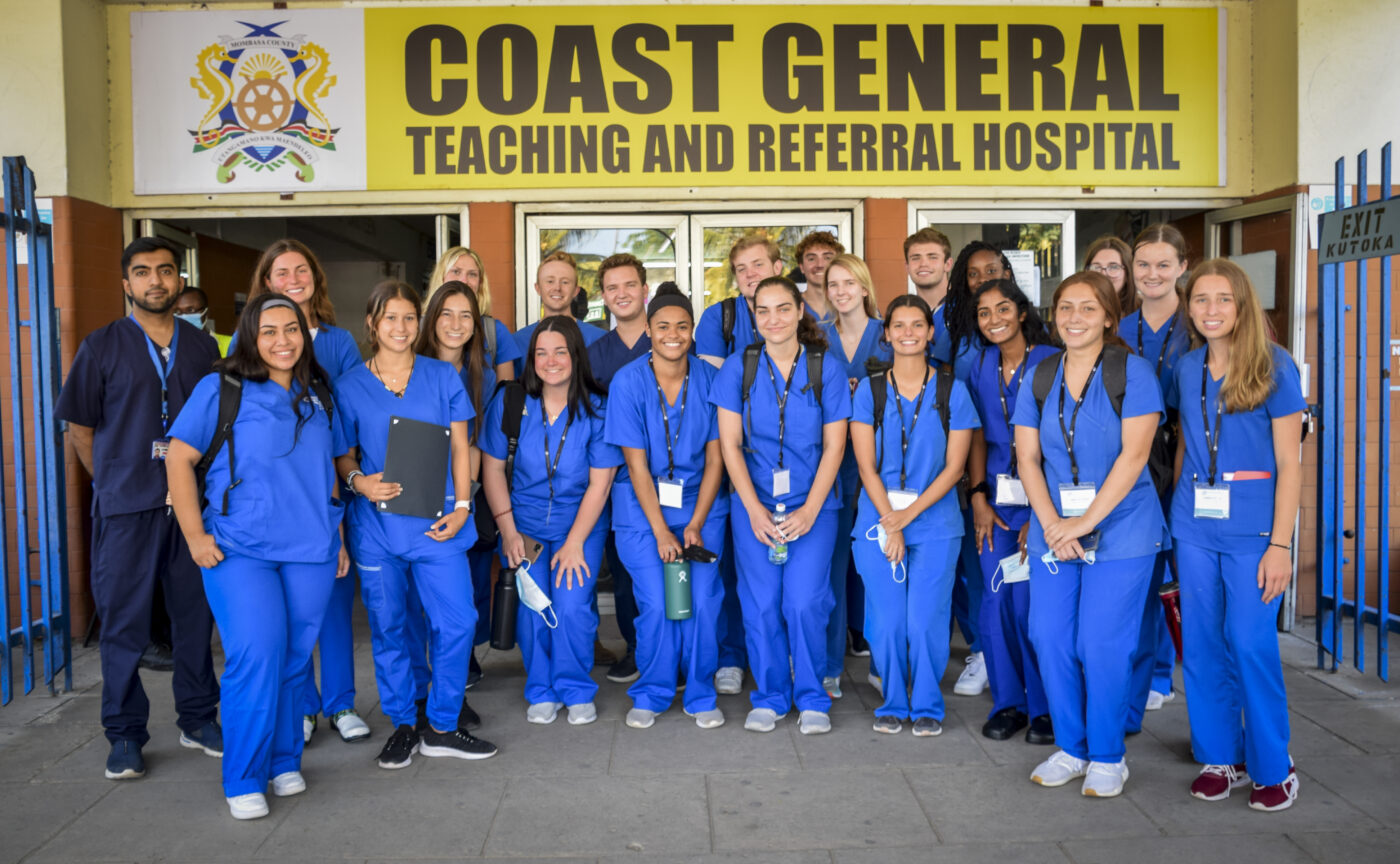Your years as a medical aide or medical assistant have taught you a lot. You’ve developed a good bedside manner and compassion for the patients you serve. You’ve also built a suite of technical, computer, and communication skills.
These skills are the solid foundation on which the rest of your career will be built. Below, we’ll consider the highly transferable skills common to medical aides. We’ll also discuss ways to grow your career in and out of medicine.
Transferable Skills—Where Will They Take You?
There are a lot of gemstone-like skills to be mined from your experience as a medical assistant—administrative work and direct patient care. Consider the following tips to be your personal Resume Coach so you can let them shine.
First, consider which skills and tasks you most enjoy and are most comfortable with. How do you feel about working directly with patients? Depending on your work environment, you may have experience in:
- Recording patient symptoms and medical histories
- Taking vital signs
- Drawing blood
- Setting up IVs
- Administering diagnostic tests such as EKGs
- Wound care
- Sutures
- Assisting with medical exams
- Collecting, preparing, and testing laboratory specimens
- Explaining procedures or medications to patients
You’ve also done work that allows clinics and other medical facilities to run smoothly. You cover tasks such as the following so doctors and nurses can focus on patient care:
- Greeting arrivals
- Communicating in person and via phone, email, and message portals
- Data input tasks, such as maintaining medical records
- Using computers, tablets, and dedicated software
- Financial tasks, such as bookkeeping, billing, insurance, and receiving payments
- Scheduling
- Cleaning and restocking
You will have developed soft skills including organization, detail orientation, teamwork, empathy, written and verbal communication, and the ability to work well under pressure, too.
If you enjoy the hands-on medical aspects of your job, a medical career might be the right choice for you. If the administrative work is more to your liking, you might pursue medical-adjacent or non-medical careers that leverage your skill set. Consider some examples below.
Pursuing a Medical Career
Working as a medical assistant has allowed you to help others in the healthcare field without first spending years in medical school. It can also be a launchpad and a source of income while you pursue other medical programs to become a paramedic, nurse, or doctor.
Your time as a medical assistant can help you stand out in the sea of other med school applicants. Your clinical experience will demonstrate that you already have the commitment and many of the skills you will need. Working alongside physicians will permit you to gain direct patient care hours, which is especially vital if your GPA or MCAT scores are lower than you desire.
Also, do not overlook the power of networking. You can request letters of recommendation from the physicians you’ve worked with.
Perhaps you opted for a medical assistant role because of the high cost of medical school. Not only can you work while in school while counting some of your working hours towards your requirements, but some educational institutions offer a great deal of financial aid. In 2024, for example, John Hopkins University received a $1 billion contribution from Bloomberg Philanthropies. This will allow approximately 95 percent of students—those whose families make less than $300,000 annually—to pursue Doctor of Medicine (MD) degrees without paying tuition.
Medical-Adjacent Roles
You already know the terminology and the technology. You’re comfortable in the hospital or clinical environment. This uniquely positions you for any of the following medical-adjacent roles.
- Clinical Research Coordinator
- Community Health Worker
- Healthcare Compliance Officer
- Health Insurance Claims Examiner
- Healthcare IT Support Specialist
- Medical Assistant Instructor
- Medical Billing Specialist
- Medical Equipment Sales Representative
- Medical Office Manager
- Patient Service Representative
You may also be well-suited to administrative roles in medical-adjacent fields such as dentistry or optometry. You can highlight a combination of administrative and medical experiences on your application materials.
Non-Medical Career Paths
Perhaps you like the type of work you’re doing but you need a break from the hospital environment. Your soft skills and administrative skills are transferable to non-medical roles as well.
For example, you may apply for office management or administrative roles at law offices, manufacturers, or other businesses. Be sure to highlight your technical skills, interpersonal skills, and your ability to work well under pressure.
Key Takeaways
Your time as a medical assistant has equipped you with a valuable skill set that you could use to pursue a career in medicine. Your familiarity with the medical field could also make you uniquely suited to medical-adjacent jobs. And if you’re looking for a change from medicine altogether, you have a number of soft skills and administrative skills to pave the way.
When applying for your next job or university, think about which of your skills and experiences match those of your new role best. Highlight them in your application materials and at your interview.



